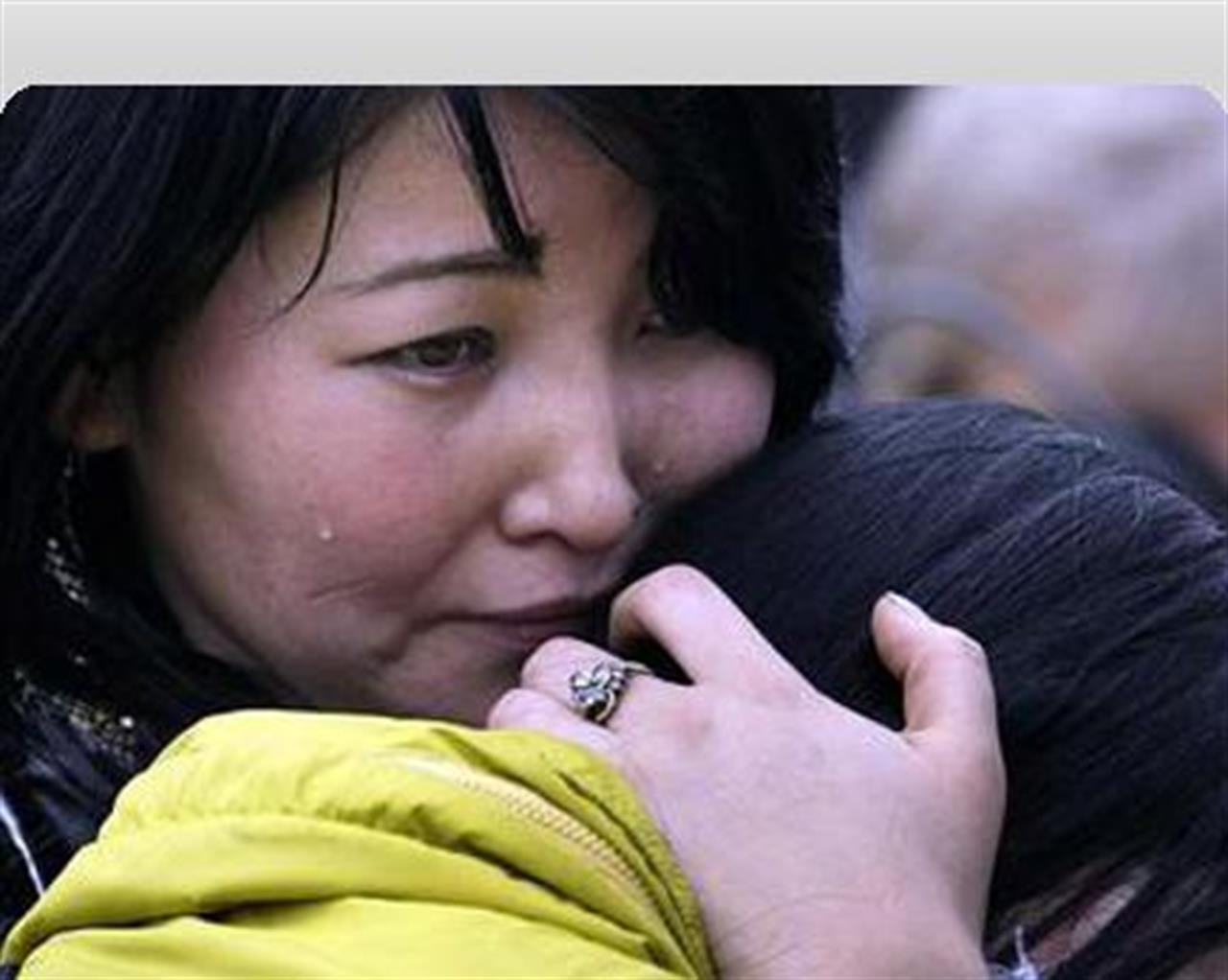Non profit
Reconciliation a long way off
Médcins Sans Frontière and Human Rights Watch say ethnic Uzbeks in Kyrgyzstan still face violence.

“The Kyrgyz authorities need to immediately end the arbitrary arrests and ill-treatment” of the ethnic Uzbek minority, says Gerry Simpson, senior refugee researcher at Human Rights Watch (HRW), who is in Osh, Kyrgyzstan.
His words paint a grim picture of the situation in southern Kyrgyzstan one month after violence between the ethnic Ubeks and the ethnic Kygyz subsided.
Despite efforts by the international community and apparent stability that led to the return of ethnic Uzbek refugees from Uzbekistan , international NGOs Médcins Sans Frontière (MSF) and HRW say that authorities must do more to protect this ethnic minority from continued violence and to prevent discrimination.
“Ethnic Uzbeks, who have already borne the brunt of last month’s violence, are cowering in their homes, afraid of the very law enforcement officials who should have stepped up efforts to protect them,” says Simpson.
What’s more, asserts MSF, victims of violence are not receiving proper medical care. “Many people, especially from the Uzbek community in Osh, told us they are not going to public medical structure as they are afraid of being arrested,” says Andrei Slavuckij, MSF Programme Manager for Kyrgyzstan.
Due to this continued targeted violence against ethnic Uzbeks, HRW is urging that borders to neighbouring Uzbekistan be reopened to asylum seekers, sighting that under international law every citizen has the right to leave their country and every person fleeing persecution has the right to seek asylum in another country.
Offering some hope, the United Nations Development Programme (UNDP) announced this week that it has set aside US$1.4 million (approx. €1.09 million) for a southern Kyrgyzstan cash-for-work programme.
According to the UNDP, cash-for-work has been a successful tool for economic recovery, stabilization and reconciliation in other post-crisis situations, for example in Haiti and Liberia.
The programme was launched in July and so far 1,100 people affected by the violence have started work on repairing roads, cleaning up irrigation systems, removing litter and restoring parks.
Related article:
Violence broke out in Osh, Kyrgyzstan, on June 10 between ethnic Uzbeks and ethnic Kyrgyz. It was reported that it started when Kyrgyz mobs attacked Uzbek villages. By the following Sunday Kyrgyz men had taken control of most of Osh and violence started to spread to Jalal-Abad. To learn more about the June riots in Kyrgyzstan click here.
Si può usare la Carta docente per abbonarsi a VITA?
Certo che sì! Basta emettere un buono sulla piattaforma del ministero del valore dell’abbonamento che si intende acquistare (1 anno carta + digital a 80€ o 1 anno digital a 60€) e inviarci il codice del buono a abbonamenti@vita.it
